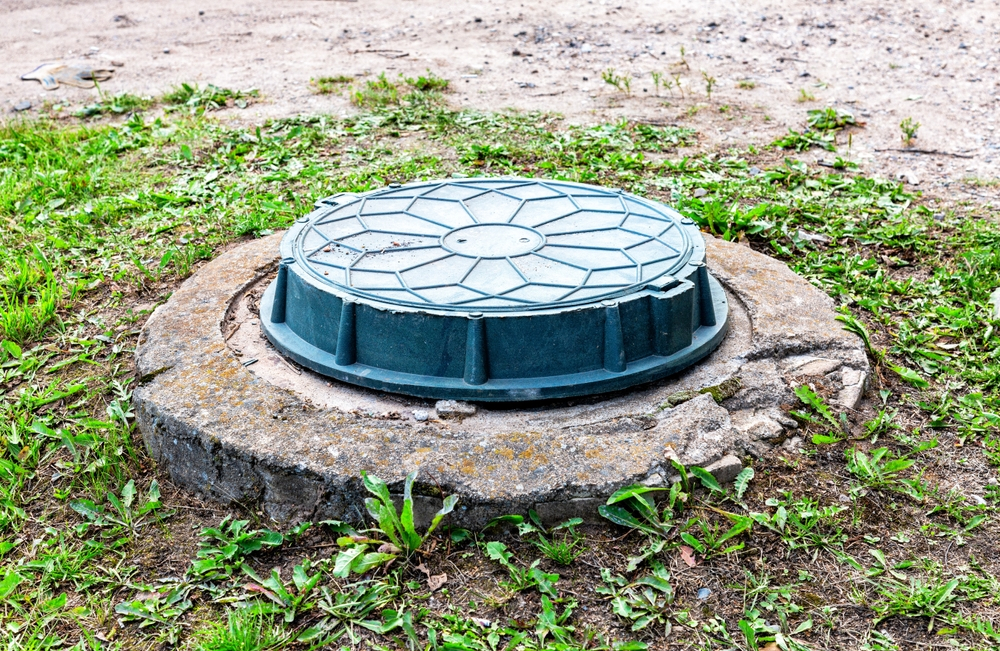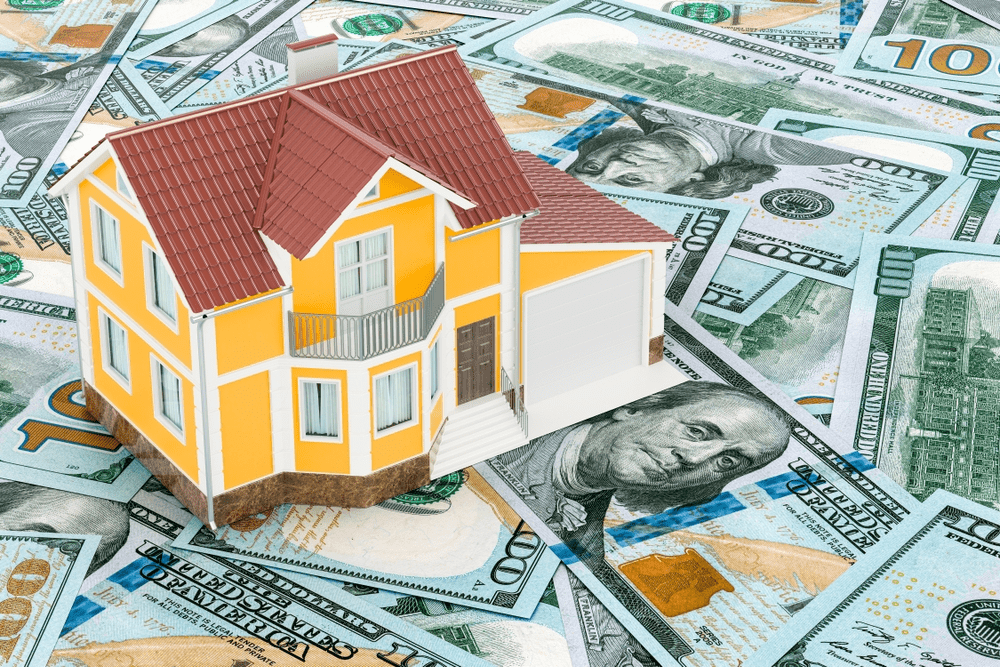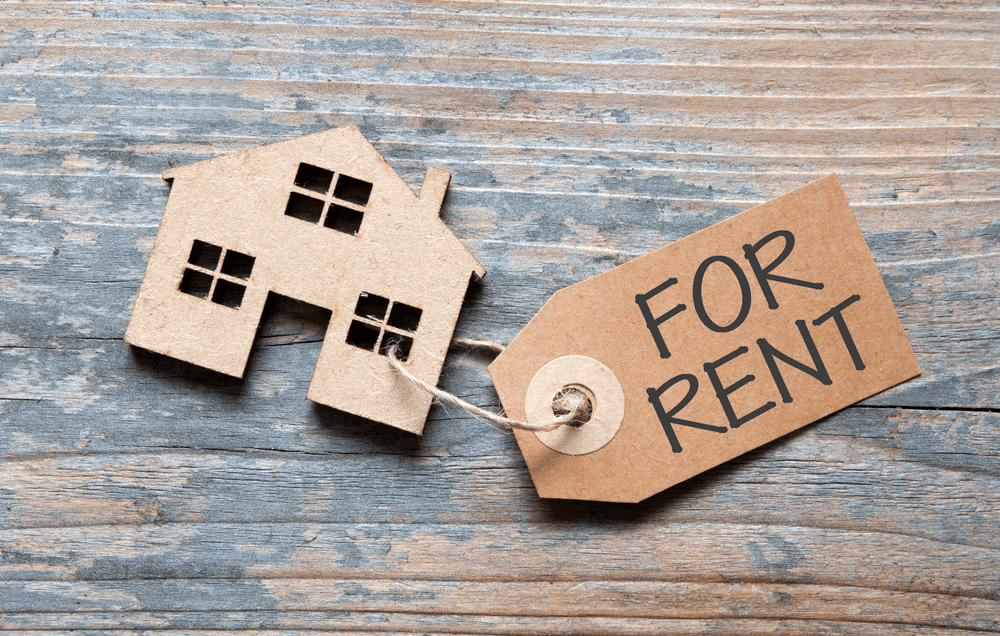Selling a House with a Failed Septic System in New York: A Comprehensive Guide
If you’re facing this challenge in the Empire State, fret not – we’re here to provide you with expert insights and strategies tailored to the local market, helping you navigate this process successfully. Selling a property in New York is an exciting endeavor, known for its diverse neighborhoods, iconic landmarks, and bustling urban life. However, […]
Selling a House with a Failed Septic System in New York: A Comprehensive Guide Read More »












